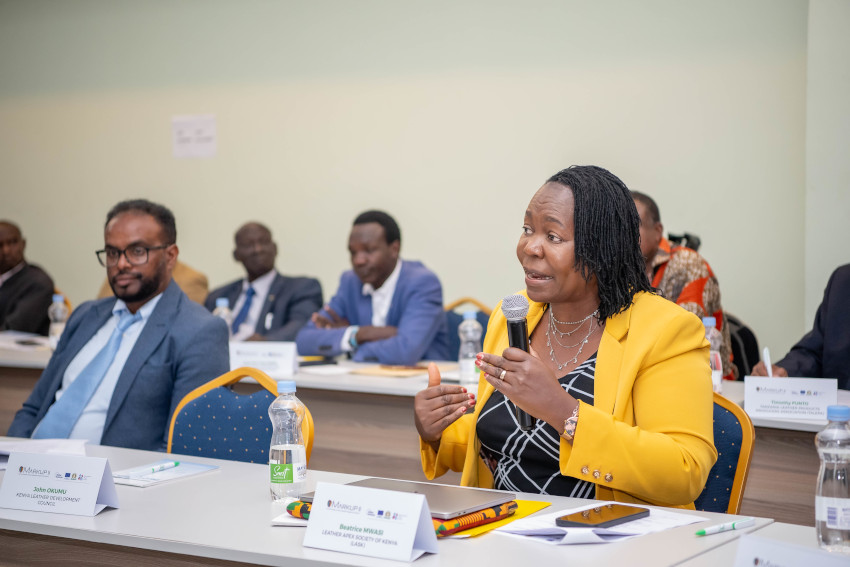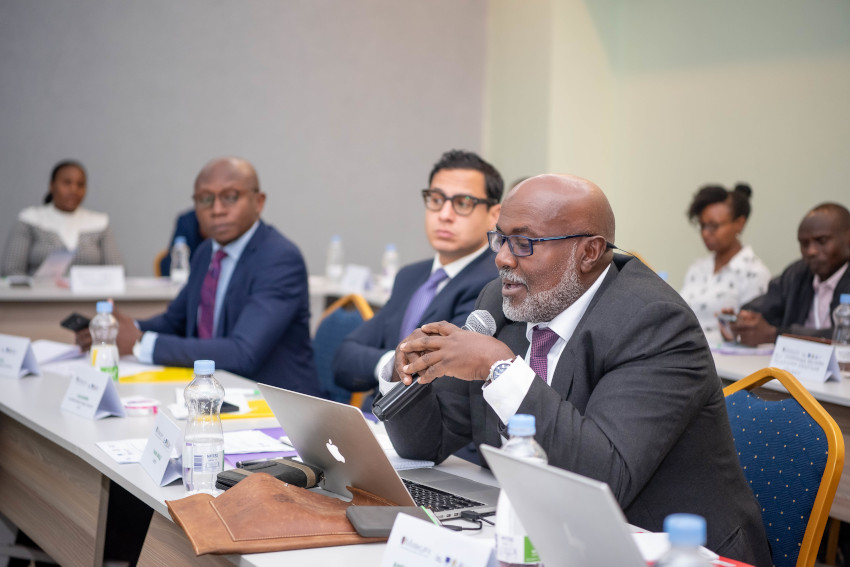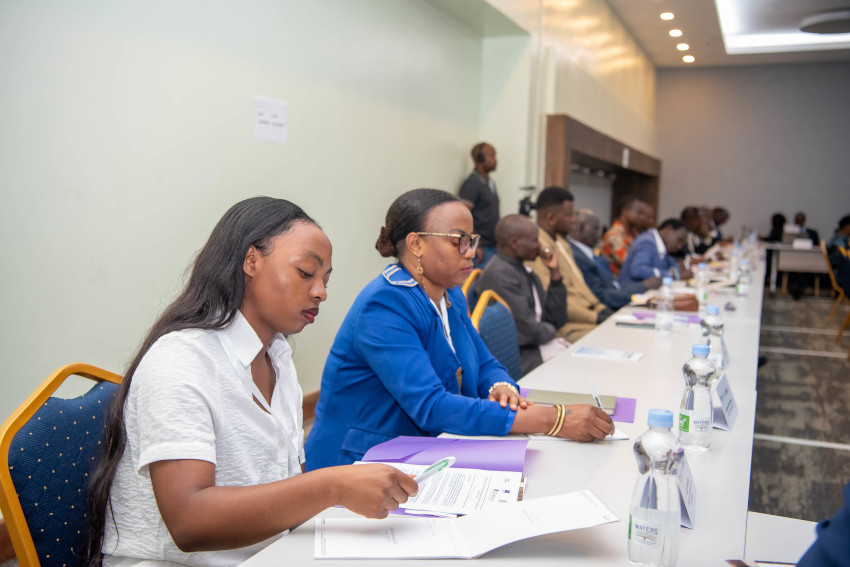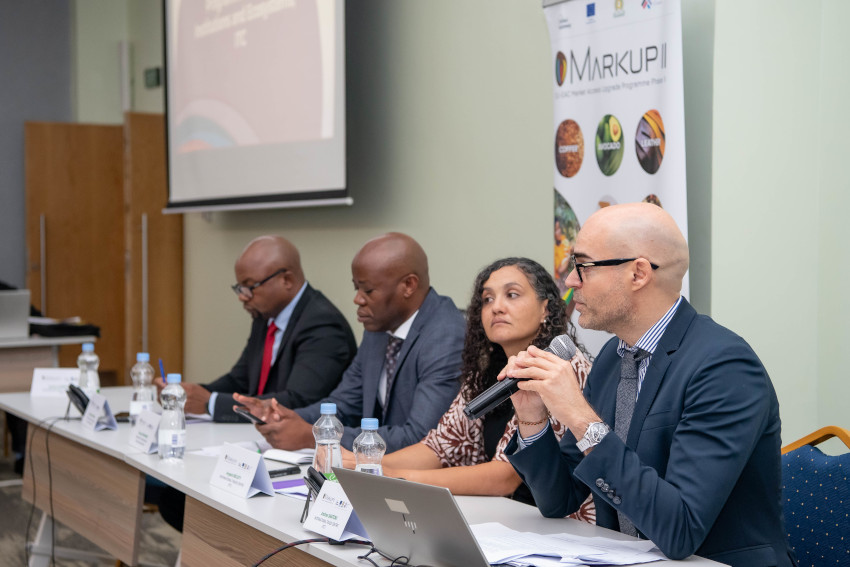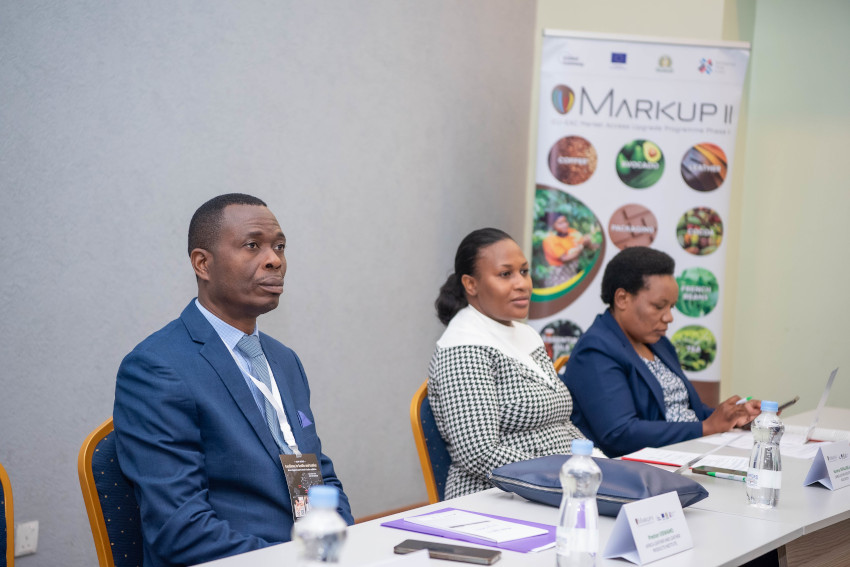How can leather associations be the key drivers of sustainable trade?
In April, representatives from 14 countries across the EAC, COMESA, and SADC regions came together to share best practices important for boosting regional cooperation alongside Africa Sourcing and Fashion Week (ASFW).
The forum, Strengthening Leather Associations as Key Drivers of Sustainable and Inclusive Trade was organized as part of the EU-EAC MARKUP II programme. It provided a unique space for African leather associations to engage with their peers, exchange best practices, and learn from global models of success.
Interactive sessions focused on practical strategies to improve business models, increase competitiveness, and align with international sustainability standards.
A highlight was Deborah Taylor from the Sustainable Leather Foundation, who spoke on global traceability standards and the EU Deforestation Regulation.
Discussions also addressed how Business Support Organizations (BSOs), like national leather associations, could act as catalysts for trade-led development.
The event focused on traceability and sustainability in the leather sector, with discussions on how technology and regional platforms can support better compliance and transparency.
New tools from ITC and PTB (German metrology institute) were introduced to help associations improve quality and service.
With strong support from (Africa Leather and Leather Products Institute) ALLPI, the event aligned closely with continental priorities. The objective of the forum was to empower leather associations and sector stakeholders with the tools and knowledge needed to build international inclusive and sustainable trade.
Participants included leather sector association leaders, national leather focal points, and policy representatives from across the East African Community (EAC). Through peer-to-peer exchange and expert-led sessions, they explored innovative approaches to improve services, strengthen governance, and expand their influence in policy and trade arenas.
A core objective of MARKUP II is to strengthen Business Support Organizations (BSOs) as catalysts for the development of the African leather sector. Through interactive sessions, the workshop provided practical strategies and real-world case studies to enhance the effectiveness of association business model.



